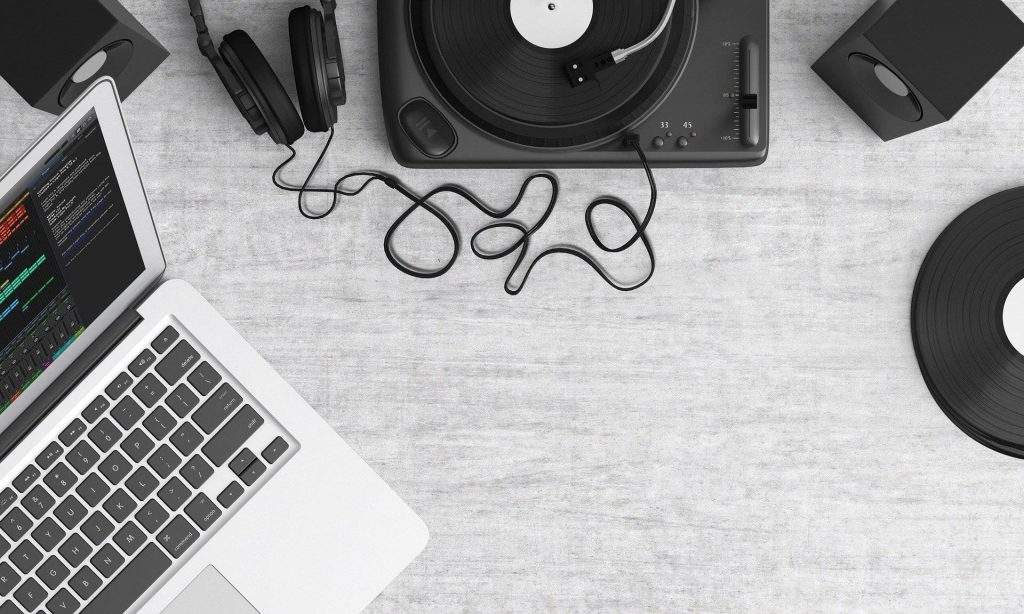In a modern and increasingly fast society like today’s, anxiety disorders have become more frequent. It has happened to each of us to feel anxious before a job interview or a university exam. Leading a hectic and unbalanced lifestyle does not help to combat these states of anxiety, but it could rather intensify them.

Anxiety: symptoms, definition and types:
Anxiety is a physiological response of our body to some situations perceived as dangerous. The body reacts emotionally to a situation considered risky, causing a state of apprehension.
The purpose of anxiety states is precisely to prepare the body for an impending threat. This reaction is not always negative, but, on the contrary, within certain levels it is useful and necessary to deal with an emergency. In this case we speak of physiological anxiety that generates symptoms such as increased sweating, accelerated heartbeat, agitation and tremor. You should try a musical instrument to reduce the anxiety
Pathological anxiety, on the other hand, is an inappropriate response of our body that manifests itself with obvious disorders. Those who suffer from it may feel a sense of oppression, chest pain and the inability to act and move. These are anxiety attacks. In these cases, the agitation becomes so high as to create a paralyzing effect.
All this can happen not only for the psychological stress generated by a situation or event, but also for a phobia. In fact, anxiety disorders also include phobias, such as the fear of closed places, of a particular object or of an animal. To recognize these disorders, it is important to understand how much this state actually affects daily life in order to be able to fight anxiety.
Remedies: How to fight anxiety:
If it is essential to learn to recognize the symptoms, understanding how to fight anxiety is even more so. The symptoms of anxiety can, in fact, worry and frighten, causing a further increase in psychological stress. Learning to manage anxiety disorders therefore becomes fundamental. Before seeking medical treatment, there are several ways to control and relieve stress naturally. Managing breathing, chasing away negative thoughts and shifting attention elsewhere can be useful remedies for calming anxiety and relieving stress.
It will be enough to take a deep breath with the diaphragm and train to perform it at best. The air will be pushed into the lower part of the lungs, creating a very relaxing effect. Proper breathing is in fact essential to promote relaxation and mental well-being.
Anxiety states often also generate stiffening of the muscles, resulting in muscle tension. Contractures can form and cause pain spread throughout the body, from the neck to the legs. It would therefore be useful to do some exercises to promote the loosening of muscle knots. Stretching exercises and a Pilates course would be ideal. Physical activity in general is considered a real therapy to counteract the stress we are subjected to every day. It is good for the mood and helps to release tension. Even some disciplines dedicated to meditation, such as yoga or tai chi, can help in the management of anxiety disorders. Listening Music can help you in reducing the Anxiety
Sleep disturbance
Tension, anxiety and stress can also cause sleep disturbances. Difficulty falling asleep, restless sleep and early waking up in the morning are some of the symptoms. In these cases, the body feels the need to sleep, but too much agitation prevents it from doing so. Sleep deprivation then manifests itself during the day with irritability, fatigue and poor concentration. To manage and relieve nighttime tension, you can thus follow small tricks.
Limiting the use of exciting drinks, such as coffee and tea, and alcohol helps to reduce awakenings during the night. On the other hand, consuming hot drinks, such as a relaxing herbal tea or chamomile tea, helps to relax. It is also advisable to avoid smoking before going to sleep. Even in the case of sleep disorders, physical activity and meditation can be effective techniques for relaxing.
Some natural extracts can also help to relieve anxiety, which promote the reduction of stress and become allies against agitation and worries. Theanine and Honokiol, for example, are natural extracts that act on GABA receptors, or receptors found in the nervous system, and promote relaxation. Daily walk in the morning and light exercise can help you in combating thee stress